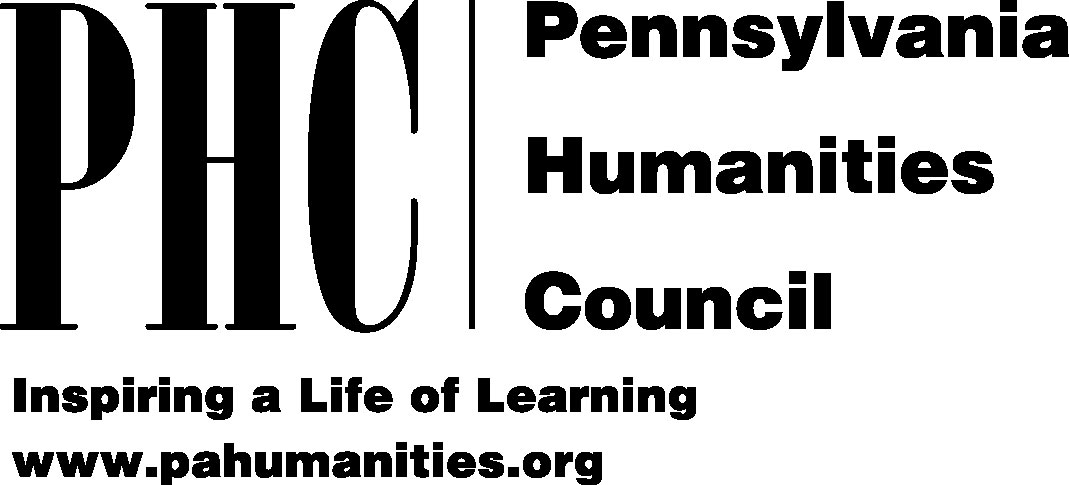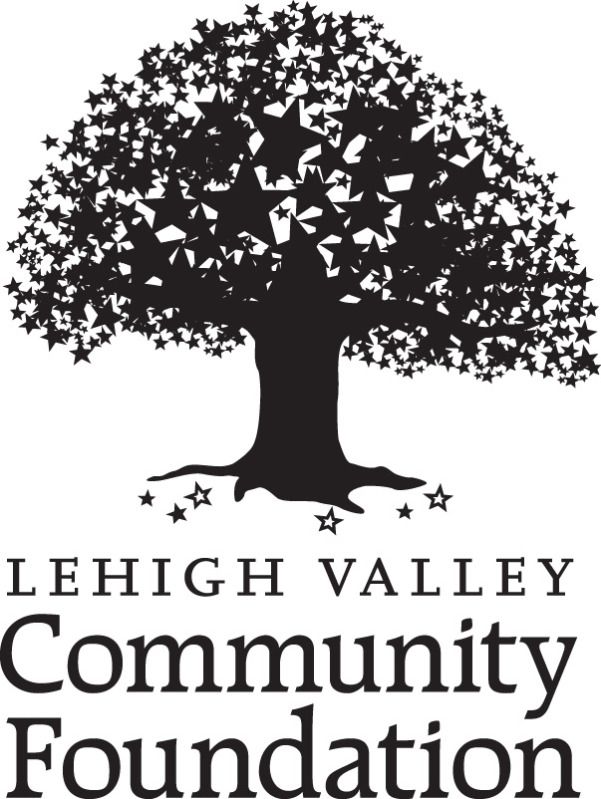Starting today and over the next few weeks Touchstone will be reaching out to the community to answer some questions about the Civil War and Bethlehem. Today was my first day out in the field, and while I had many people who walked right past or insisted they did not have the time, I found eleven people (in three hours) who took the time to chat with me. Below you will find the questions being asked and few of the answers I have collected so far.
1. What does it mean to be an American?
Answers: Freedom of speech, personal freedom, freedom of choice and expression, being blessed and lucky to have those freedoms, not worrying about basic necessities, the ability to steer clear of politics and take care of the people close to you the chance to set goals and work towards that goal but not preventing others from working towards their goals, a chance a person to be who they are, freedom to protest.
2. Are you aware that more Americans died in the Civil War than any other American War? What do you think the conflict was about and why would a nation set upon itself with such deadly ferocity?
Answers: The war was about agrarian vs manufacturing cultures, innovation vs. tradition, slavery, North vs. South, states rights, people being able to believe what they want to believe, economics, religion, security, the government trying to control the population.
3. What are some issues worth fighting a war for?
Answers: Preservation of our way of life, safety, health care, opportunity, freedom, justice, self defense, equality, freedom of expression, to maintain our rights, if a group of individuals are being systematically wiped out, nothing the older I get, the more stupid war seems.
4. Do you see connections between the Civil War and the Bethlehem you live in today? If so, what are they?
Answers: The sense of entitlement, the division between the haves and the have nots, people here in Bethlehem stick to their own and don’t take kindly to outsiders, there are still class wars happening now, politics is still divisive, there is still economic oppression and there is a big difference between the laborers and the people they work for, everybody still wants what they want and think they are right.
5. Are there any issues today that you think could rise to the level of another civil war in America?
Answers: The fact that we are in debt to the whole world, maybe gay marriage, religion and how it is used to manipulate, economic issue and the vanishing middle class, there’s always the chance that “the South will rise again,” political dissension between parties, and finally, there were many who did not belief there would ever be a reason for a new Civil War
6. Do you have any personal connection to the Civil War (stories from family or friends, Civil War era family members buried in our local graveyards, etc.)?
Answers: NO across the board, save one man who said he has ancestors who fought on the confederate side
7. What things do you like best and what things do you find most challenging about living in Bethlehem?
Answers: Things people like include the history here including the Bethlehem Steel, sense of community and connection to the past, good school district, cheap cost of living, it is my home and there’s no place like it, local culture including coffee shops, theatre, and architecture, less crime, near major cities, feels safe, it’s a good place to raise a family, it’s traditional, not over run by corporations like Starbucks, and you grow up with the same people.
Things people find challenging include Small businesses are closing, drug problems, everyone is in everyone else’s business, not a lot of job opportunities, no supermarkets in walking distance, it’s a take place – people take what they want without regards to others, no good public transportation, the road systems could use work.
Secondary Questions:
1. Some people don’t like the name “Civil War.” What might a better name be?
Answers: so far no answers here
2. Have you ever experienced something that felt like a civil war in your life?
Answers: September 11th and alcoholism were the only answers so far.
3. Do you visit Bethlehem’s cemeteries? What do you think about when you are there?
Answers: For those who said yes, they think about the history of Bethlehem and the immigrants and diversity of people who have come to this place, the parties I used to have with friends, peace, the trees and rain.
So day one of surveying is complete. Many of the answers I was given today all had a touch of commonality to them. I think this is a good set of questions, but I want to continute to think of more questions, and learn how to dig deeper into the answers that the community gives me.
Please feel free to think about these questions yourself and respond to any or all of them in whatever way you see fit. This is about getting to know the community we belong to, and what unites and divides us. Come join the conversation and see where the answers take us.











